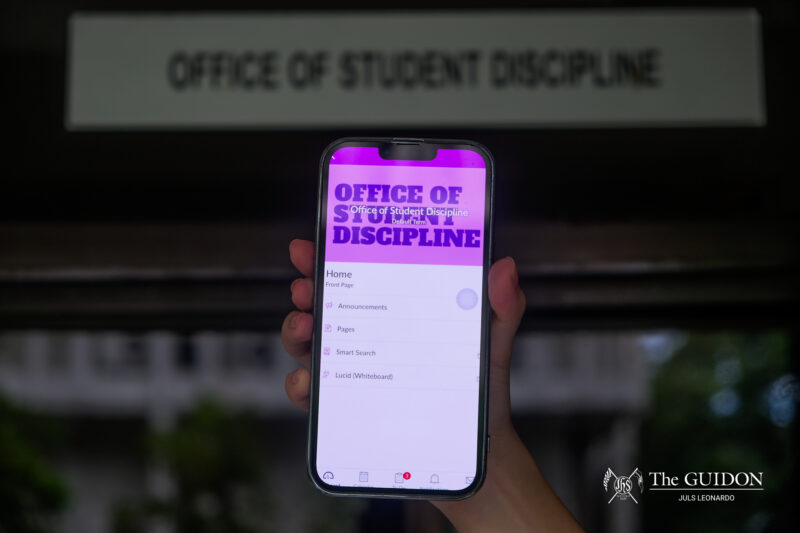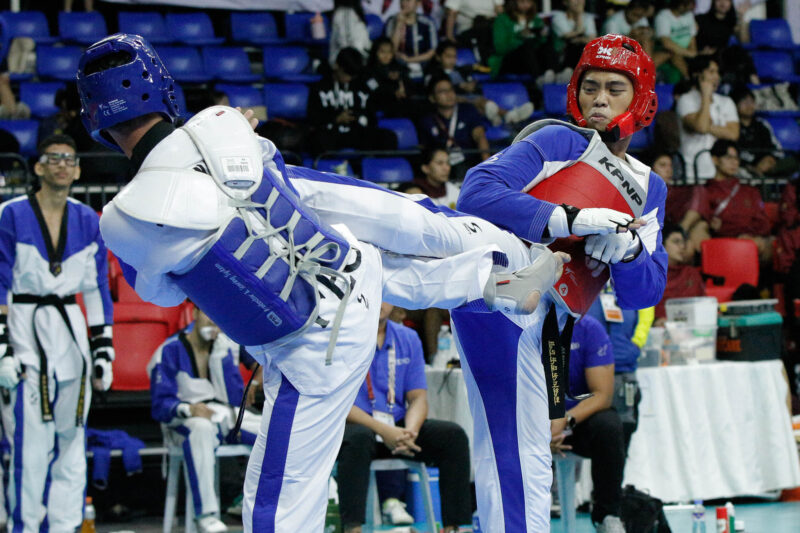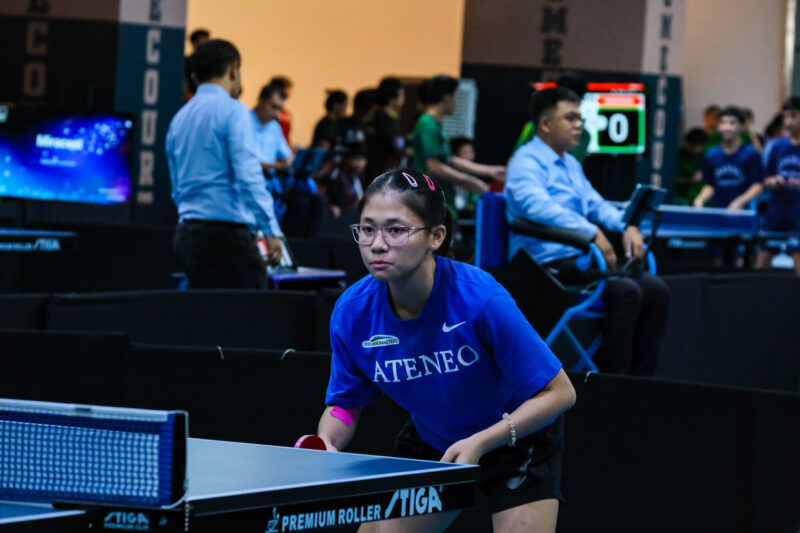TO AID Loyola Schools (LS) students and organizations with their mental health and financial concerns, the Sanggunian implemented the Sanggunian Mental Health Subsidy (MHS) and strengthened the existing Sanggunian Academic Subsidy (SAS) and Research Partnership Program (RPP).
These subsidies already function as annual Sanggunian initiatives. However, former Interim Sanggunian President Jb Bejarin only introduced the Sanggunian Mental Health Fund Act of 2020 on April 15. Sanggunian Vice President TJ Alcantara clarified that they first needed to improve MHS’s coverage and simplify its processes for easier student access.
He also stated that sign-ups for MHS will likely open in October, while School of Science and Engineering (SOSE) Representative Rika Cruz said that both SAS and RPP were already implemented on September 27.
In a previous interview with The GUIDON, Bejarin said that only a few students applied for SAS and RPP in the last AY due to a lack of awareness about the subsidies. According to John Gokongwei School of Management (JGSOM) Representative Liezel Brito, the Sanggunian had since launched email blasts and Facebook posts to raise awareness on these subsidies. They also connected with professors and relevant organizations like the Ateneo Junior Marketing Association and the Ateneo Lex to endorse both SAS and RPP to students.
Strengthening student services
As part of the Sanggunian’s mission to promote student wellness, Alcantara stated that Php 400,000 of the MHS’s one million-peso budget covers students’ mental health services. He added that the remaining Php 600,000 will serve as an endowment fund to be invested in a bank so its eventual interest can be utilized in the following AY.
However, Alcantara noted that this initiative is still inactive as the Office of Student Activities advised them to temporarily hold off investments due to the current economic recession.
Guided by talks with the Loyola Schools Office of Guidance and Counselling (LSOGC), Alcantara said that each approved MHS applicant will receive Php 4,800 for their prescription medicines and Php 7,000 for initial consultations. Meanwhile, psychological counseling and psychiatric consultations that include therapy sessions each amount to Php 6,000 per student.
In implementing SAS, Cruz said that this subsidy has become more necessary to SOSE students in the pandemic due to financial constraints and the inaccessibility of the University laboratories for experiments. The subsidy only applies to seniors and super seniors completing their thesis, and provides them with financial aid for equipment and shipping costs.
Cruz also explained that SOSE received the highest SAS allocation at Php 200,000. She clarified that there is no concrete breakdown for this budget as it depends on the students’ financial needs indicated in their applications. Should there be money left over from the budget, Cruz said that she will pass a resolution to reallocate it to other SOSE projects.
With JGSOM, Brito said that RPP’s Php 256,500 budget helps support the goals of both accredited and non-accredited LS organizations such as the Aspiring Restaurant Entrepreneurs Association and Junior Fellowship for Financial Literacy, which the School Sanggunian previously partnered with through its RPP.
She also explained that JGSOM received the highest allocation of Php 101,500 due to the abundance of business start-up applications. According to her, JGSOM can give a maximum financial aid of Php 14,000 per applicant.
Necessary steps and solutions
In resolving the lack of technical knowledge in medical jargon, Alcantara mentioned that he consulted with various stakeholders and experts like the LSOGC and Commission on Mental Health to gauge student concerns and formulate services to resolve these.
To qualify for MHS’s services, students must first gain the LSOGC’s endorsement. The student then has to answer the application form and submit their endorsement letter, medical certificate, and information disclosure consent form to receive their disbursement or reimbursement.
According to Brito, students applying for SAS and organizations applying for RPP need to present their thesis’s or project’s proposal deck and budget breakdown to a panel. Cruz explained that the panel is composed of the applicant’s respective School Sanggunian Representative, Chief of Staff, and finance head, as well as a representative of their respective dean’s office.
Brito further noted that students need to submit a copy of the Sanggunian’s code of accountability along with their receipts to be disbursed or reimbursed. After application submissions and panel presentations, she added that the student’s application will be deliberated for around one to two weeks.
Improving student welfare
In developing MHS, Alcantara said that the Sanggunian considered the student body’s financial conditions in accessing mental health services. Since not everyone can pay for these, he expressed that they will keep helping students receive necessary treatments to improve their conditions.
In expanding the services of SAS in SOSE, Cruz stated that they are working to extend the subsidy on lab-at-home kits that cost Php 3,000 to 4,000 each. These contain polypropylene glassware, a pH meter, weighing scale, wash bottle, and thermometer. Although some scholars get the kits for free, she said that these are still pricey to non-scholars given that laboratories were accessible to everyone before the pandemic.
“While this subsidy is only open [to] seniors and super seniors, […] sana (I hope) the [freshmen] already know this […] so they can find comfort na may [ganitong] subsidy (that there’s a subsidy like this) if they’re [going to] pursue their thesis,” said Cruz.
On the other hand, before implementing RPP, Brito explained that it was often difficult for the School Sanggunians to meet the minimum required amount of Php 50,000 that each should allot for this subsidy. In line with this, she stated that sharing the budget with other affected School Sanggunians for intersectional organization projects is a solution for this problem.
In utilizing the RPP in JGSOM, Brito said that they were looking into the mentorship program Negosyo Abogado through which they will provide mentors to students who apply for start-ups. JGSOM is also currently in talks with the Ateneo School of Business and the Ateneo School of Law to partner experts with students to guide them in their business execution and legal aspects, respectively.
“[The Resource Partnership Program] isn’t just a project for the sake of being there, it’s a project that aims to improve the advocacies and missions that students aim to bring out for the [University and themselves],” said Brito.







